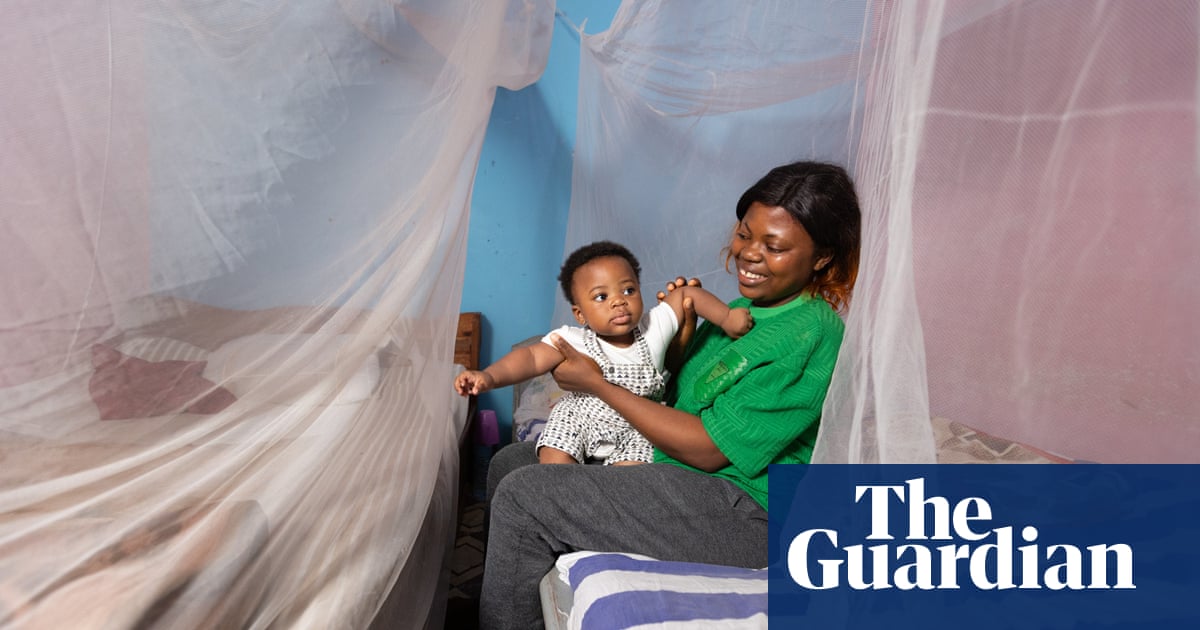
Two new types of mosquito bed nets have been found to reduce cases of malaria by up to a half, raising hopes of combating the disease, which is becoming increasingly resistant to treatments and prevention efforts.
Nets treated with two types of insecticide rather than one were trialled in 17 African countries where malaria is endemic between 2019 and 2022.
Among the countries taking part was Nigeria, which accounts for more than a quarter of global deaths from the disease, which is transmitted by mosquitoes.
More than 600,000 people died from malaria in 2022 and 249 million people were infected, according to the latest data from the World Health Organization. More than 90% of cases and deaths occurred in Africa.
Bed nets, which have been a staple in malaria prevention since the 1990s, contain the effective insecticide pyrethroid. However, mosquitoes have become increasingly resistant to the chemical.
During clinical trials when a net was coated with the insecticides pyriproxyfen or chlorfenapyr, alongside pyrethroid, malaria transmissions were reduced by between 20% and 50%.
“There is no silver bullet to eliminating malaria and we cannot rely on single interventions, but rather invest in a suite of tools,” said Michael Charles, CEO of the RBM Partnership to End Malaria, a global platform for coordinated action against the disease. “The dual-insecticide nets are a shining example of one of these tools.”
The Global Fund to Fight Aids, Tuberculosis and Malaria, which funded the trials as part of the New Nets project, with global health organisation Unitaid, said the uptake of the piloted nets had been much faster and wider than initially anticipated. The organisation expects the rollout of the new product will continue at scale in the 17 states that took part in the pilot and will further expand to other countries.
The Global Fund is providing the new nets for under $3 (£2.40), which it says is comparable to the cost of older products. The organisation estimates that countries could save up to $30m (£24m) by adopting the new nets.
In January, the rollout of the first malaria vaccine began in Cameroon. Another 19 African countries are expected to introduce the RTS,S vaccine this year, including Burkina Faso, Sierra Leone and Liberia, which took part in the bed net trials.
Read More: World News | Entertainment News | Celeb News
Guardian








